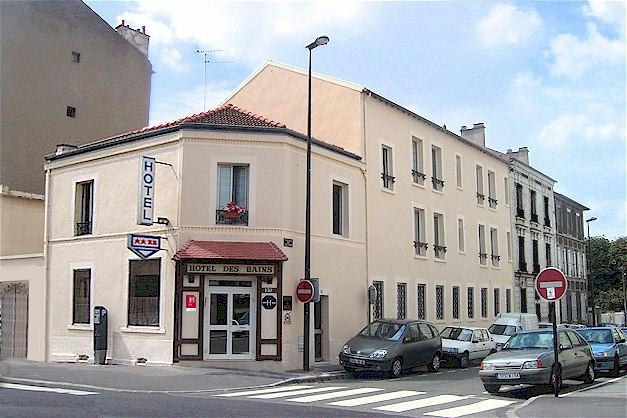COVID-IHU #15
Version 1 du 27 Mai 2020
Early diagnosis and management of COVID-19 patients: a real-life cohort study of 3,737 patients, Marseille, France
Abstract
Background:
In our institute in Marseille, France, we proposed early and massive screening for coronavirus disease 2019 (COVID-19). Hospitalization and early treatment with hydroxychloroquine and azithromycin (HCQ-AZ) was proposed for the positive cases.
Methods:
We retrospectively report the clinical management of 3,737 patients, including 3,054 (81.7%) treated with HCQ-AZ for at least three days and 683 (18.3%) patients treated with other methods (“others”). Outcomes were death, transfer to the intensive care unit (ICU), ≥ 10 days of hospitalization and viral shedding.
Results:
By testing 101,522 samples by polymerase chain reaction (PCR) from 65,993 individuals, we diagnosed 6,836 patients (10.4%), including 3,737 included in our cohort. The mean age was 45 (sd 17) years, 45% were male, and the fatality rate was 0.9%. We performed 2,065 low-dose computed tomography (CT) scans highlighting lung lesions in 581 of the 933 (62%) patients with minimal clinical symptoms (NEWS score = 0). A discrepancy between spontaneous dyspnoea, hypoxemia and lung lesions was observed. Clinical factors (age, comorbidities, NEWS-2 score), biological factors (lymphopenia; eosinopenia; decrease in blood zinc; and increase in D-dimers, lactate dehydrogenase (LDH), creatinine phosphokinase (CPK), and c-reactive protein (CRP)) and moderate and severe lesions detected in low-dose CT scans were associated with poor clinical outcome. Treatment with HCQ-AZ was associated with a decreased risk of transfer to the ICU or death (HR 0.19 0.12-0.29), decreased risk of hospitalization ≥10 days (odds ratios 95% CI 0.37 0.26-0.51) and shorter duration of viral shedding (time to negative PCR: HR 1.27 1.16-1.39). QTc prolongation (>60 ms) was observed in 25 patients (0.67%) leading to the cessation of treatment in 3 cases. No cases of torsade de pointe or sudden death were observed.
Conclusion
Early diagnosis, early isolation and early treatment with at least 3 days of HCQ-AZ result in a significantly better clinical outcome and contagiosity in patients with COVID-19 than other treatments. Long-term follow-up to screen for fibrosis will be the next challenge in the management of COVID-19.


